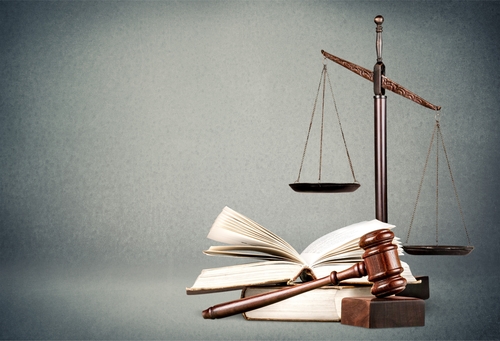Recently, one of the largest personal data breaches ever was made public. A credit reporting company, Equifax, reported that the personal data of over 143 million Americans had been compromised in a data breach. Since then there have been a few updates, and many of them are nothing short of infuriating.
Do Not Let Anyone Fool You, If You Have Credit You Were Affected
While hearing that 143 million Americans had their personal data compromised is bad enough, the reality is even worse. 143 million is about half of the US population, but it’s a much higher percentage of credit-holding adults over the age of 18. So, chances are that you have been affected.
The situation is even more out of hand than was first thought. We have found out the breach may have taken place even earlier than originally reported. Apparently, the password protecting a lot of data was set to “admin,” which is an incredibly poor quality password. The company’s chief security officer was also a music major, calling into question whether or not she was even qualified to act as CSO.
Potential Legal Ramifications
It strikes me that Equifax should be held accountable to every single victim of the 143 million affected by the company’s haphazard practices. Unsurprisingly, this may not be the case. There were reports that by signing up for Equifax’s service to protect credit after the breach, users waived their right to sue Equifax for any wrongdoing or participate in a class action suit.
That in itself is scary, but now it looks like US lawmakers are also in the process of further deregulating credit reporting companies. Not only would this kind of legislation put consumers at an even greater risk, but it would also allow companies like Equifax to be held even less accountable for their violations by crippling the Consumer Financial Protection Bureau.
Even as most of credit-holding America is reeling from this breach, lawmakers are making clear who they side with in this situation. Sadly, it is not with the American people, but rather with big business.
Again, the potential exists for the blockchain to keep things like this from happening in the future. Cryptographic private keys could act as far better identifiers than social security numbers and all of the other data that was taken during this breach. It will be interesting to see how this situation continues to develop, but I am not holding my breath for a positive outcome for the American consumer.
Correction: This article has been edited at 18:07 on Sept 20. An earlier version of this post was ambiguous in distinguishing between the companies LifeLock from Equifax. We have removed the confusing paragraph.

